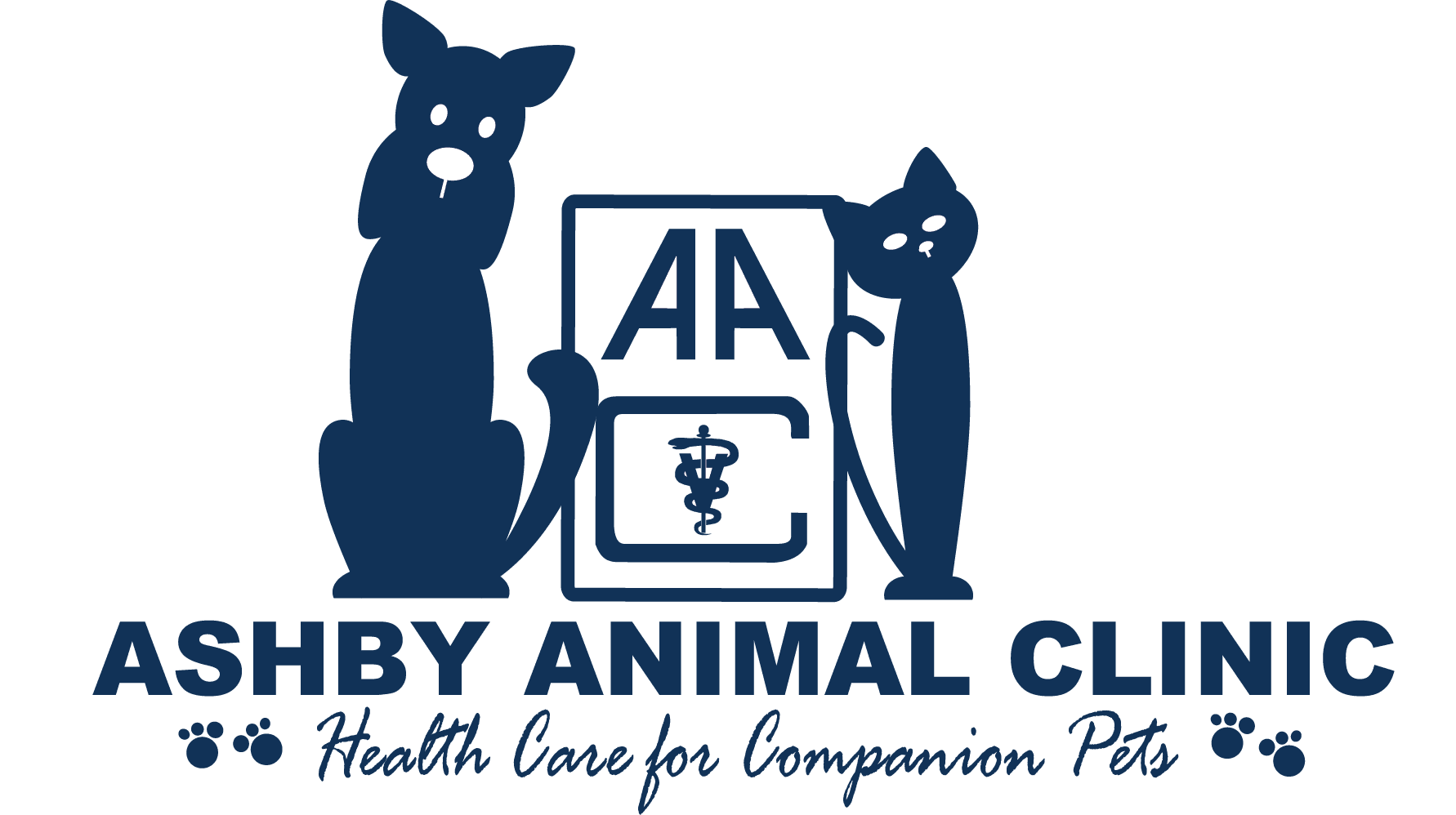Why Do Dogs Eat Grass?

Dogs often surprise their owners with quirky behaviors, but few spark as much curiosity as the sight of a dog nibbling on grass. Pet parents in Harrisonburg and beyond may wonder: Why do dogs eat grass? While it might seem puzzling, this behavior is actually quite common. Some dogs take only a few bites, while others may munch regularly during walks or playtime. Understanding the possible reasons behind this grass-eating habit can help you feel more confident about your pet’s behavior and know when it might be worth a trip to the veterinarian.
Common Theories Behind Grass-Eating Behavior
When pet owners ask, “Why do dogs eat grass?”, the answer isn’t always straightforward. Dogs eat grass for a variety of reasons, and in most cases, it’s completely normal.
Instinctive Behavior from Their Ancestors
Dogs are natural omnivores, and their wild ancestors consumed plant material as part of a balanced diet. Wolves, coyotes, and other wild canines are known to eat plants, often from the stomachs of prey animals. Grass-eating may be a leftover instinct that helps domesticated dogs seek out nutrients.
Boredom or Attention-Seeking
Sometimes, the answer to “Why do dogs eat grass?” is as simple as boredom. Dogs that don’t receive enough physical activity or mental stimulation may turn to grass as a way to pass the time. In some cases, dogs even learn that eating grass gets their owner’s attention, reinforcing the behavior.
Nutritional Curiosity
Some studies suggest that dogs may eat grass when they crave fiber or certain nutrients missing from their diet. While commercial dog food is designed to meet nutritional needs, dogs are curious eaters and may experiment with grass as an additional source of roughage.
Can Grass Eating Be Linked to Upset Stomachs?
One of the most common theories pet owners hear is that dogs eat grass to make themselves vomit. But is this really true?
Dogs Eating Grass and Vomiting
While some dogs do vomit after eating grass, not all of them do. Research shows that less than a quarter of dogs that munch on grass actually get sick afterward. This means vomiting isn’t always the primary goal when your dog eats grass.
Self-Soothing or Digestive Aid
Another explanation for “Why do dogs eat grass?” is that it helps soothe their digestive system. The fibrous texture of grass may promote bowel movement or relieve mild discomfort, though this isn’t scientifically proven.
When Grass-Eating Might Signal Something More
Although eating grass is usually harmless, there are times when this behavior can indicate something else going on.
Frequent or Compulsive Eating
If your dog is eating large amounts of grass daily, it may be worth discussing with your veterinarian. Persistent or excessive grass consumption could point to underlying issues such as gastrointestinal upset or dietary imbalances.
Exposure to Chemicals and Pesticides
Another concern when asking “Why do dogs eat grass?” is the environment where the grass is located. Grass treated with chemicals, fertilizers, or pesticides can be harmful if ingested. Dogs that chew grass near lawns, golf courses, or public parks may be at risk of ingesting toxins.
Accompanying Symptoms
If your dog eats grass and also shows signs such as coughing, diarrhea, lethargy, or loss of appetite, it’s important to call your veterinarian. Grass-eating combined with these symptoms may suggest a medical problem that requires attention.
Psychological and Behavioral Reasons for Grass-Eating
Not all grass-eating habits stem from physical needs. Sometimes, the motivation is purely behavioral.
Stress Relief and Anxiety
Dogs may eat grass as a way to cope with stress or anxiety. Similar to how humans might fidget or snack when nervous, dogs can chew grass as a soothing activity.
Curiosity and Exploration
Dogs explore the world with their mouths. Puppies, especially, chew on objects including grass out of curiosity. Asking “Why do dogs eat grass?” may simply come down to them exploring their environment.
Habitual Behavior
For some pets, grass-eating becomes a learned habit over time. Once established, the behavior may continue even without a clear reason behind it.
What Research Tells Us About Dogs Eating Grass
Scientific studies have investigated the grass-eating question, but there’s still no single definitive answer.
Surveys of Dog Owners
Surveys reveal that the majority of dogs—anywhere from 68% to 80%—have eaten grass at least once. In fact, many dogs do it regularly, with no signs of illness or distress. This data reassures owners that grass-eating is common across different breeds and ages.
Veterinary Observations
Veterinarians generally consider grass-eating to be a normal canine behavior. However, they recommend monitoring the frequency and watching for accompanying symptoms to rule out potential health concerns.
How Harrisonburg Pet Owners Can Approach Grass-Eating
Now that we’ve explored the many possible explanations for why dogs eat grass, it’s helpful to think about what this means for pet owners in the Harrisonburg community.
Monitoring the Behavior
Keep an eye on when and how often your dog eats grass. Occasional nibbling during walks is usually nothing to worry about, but daily compulsive grazing may be worth a veterinary visit.
Safe Environments
If your dog does eat grass, try to limit access to areas treated with lawn chemicals. Encourage grass-snacking only in safe, untreated areas.
Veterinary Guidance
If you have concerns about your dog’s grass-eating or notice any worrisome symptoms, call Ashby Animal Clinic at (540) 433-9174. Our veterinary team can provide a thorough evaluation and help determine if the behavior is linked to anything more serious.
A Behavior with Many Possible Meanings
So, why do dogs eat grass? The answer lies in a mix of instinct, curiosity, nutrition, and sometimes behavior. For most dogs, it’s a normal habit that doesn’t indicate anything harmful. Still, staying observant is key, especially if your dog eats large amounts or shows signs of illness. Pet owners in Harrisonburg who want reassurance or guidance can always rely on the dedicated team at Ashby Animal Clinic. Call us today at (540) 433-9174 to schedule an appointment and learn more about your dog’s unique behaviors.
About Us
Ashby Animal Clinic has proudly served the Harrisonburg community for over 50 years, offering personalized veterinary care for pets at every stage of life. With a dedicated team and a wide range of services, we focus on providing individualized attention and advanced medical support to every patient.
Have questions after reading this blog or need to schedule care for your pet? Call Ashby Animal Clinic or request an appointment online. We’re here to help!
